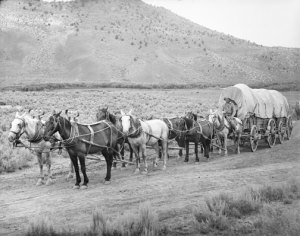Recently, one of the greatest television shows of all time celebrated its fortieth anniversary. Of course, I’m talking about “Sesame Street,” that funky slice of 1970s America that continues to teach and inspire children today.
I’m sure most of us can recall the songs, characters, and lessons that the show imprinted on us. I was lucky enough to watch the show pre-Elmo, so I got the real deal:
“Sesame Street” was the first, and for a number of years, the only show where I saw people who looked like my family. I mean, who can forget Luis and Maria?
It wasn’t until years later that I realized how revolutionary Jim Henson’s approach was. The guy didn’t just throw in a few minor characters who were different races, which still would have been considered groundbreaking for the time. He made Latinos and blacks key members of the community, even if the block on which they all congregated was strangely free of sunlight every day of the year (maybe they lived in Seattle).
“Sesame Street” was also one of the first programs on which I heard Spanish. And it wasn’t just flavoring. The show went out of its way to teach basic Spanish words and phrases. I have to assume that if the show debuted today, it would be criticized for teaching the invaders’ language, and funding would be threatened unless all on-air business was conducted in English.
Indeed, I’ve heard of some parents who forbid their children to watch “Sesame Street” because of its perceived liberal agenda. I truly hope that this is an urban myth. Otherwise, someone is going to have to explain to me what is so “liberal” about racial tolerance and basic literacy.
But for the most part, “Sesame Street” has been grandfathered from the culture wars. MSNBC points out that the show “modeled the kind of racial idealism we should continually strive for” but that it “wasn’t just some idyllic land where no one ever disagreed…. It was a place where everyone always talked and continued talking.”
That wouldn’t be such a bad place to live.







